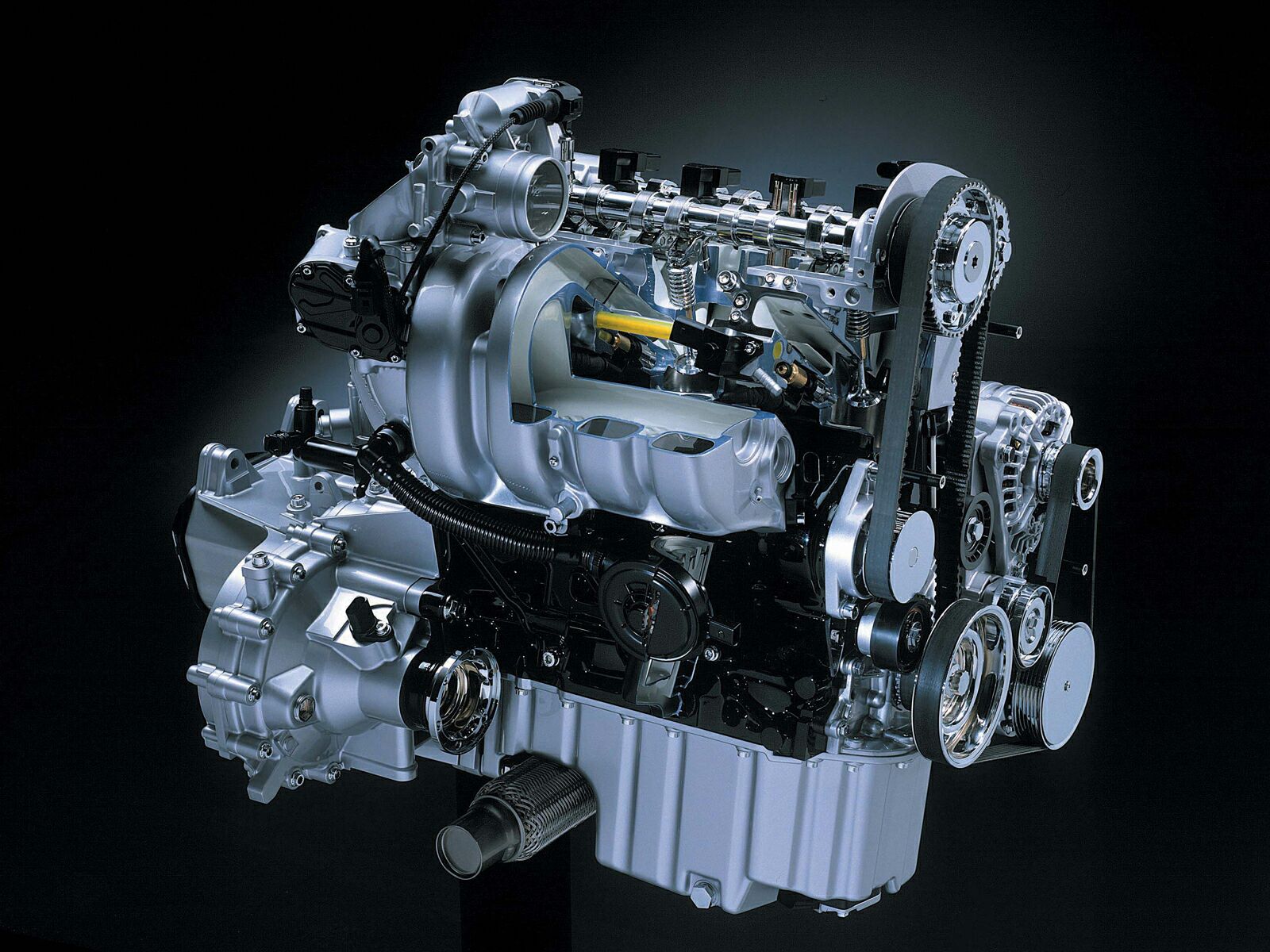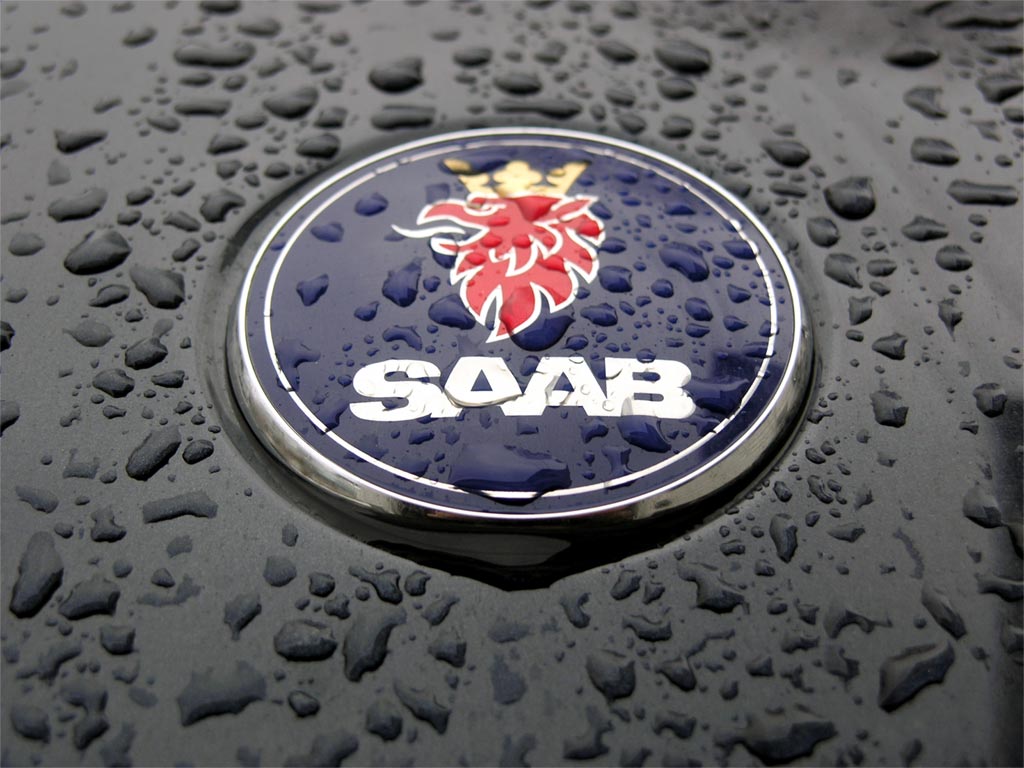|

















|
INTERVIEW
TECHNIQUES
"General hints and guidelines"
The day of the Interview
It is important arrive for an interview
early aim to arrive 10 minutes early. First impressions count so be
polite and courteous to everyone you meet. Above all relax and enjoy the
experience.
Think about yourself
It is important before an interview to
think about all the reasons why you are attending it and what you have
to offer the organisation. Be ready to discuss both short and long term
career goals in general terms.
In the Interview
Introduce yourself in a professional
manner smile and remember you never get a second chance to make a first
impression. Sit comfortably but ensure you maintain a good posture.
Listen, listen, listen oh and I think I mentioned it listen.
Gaps in CV
You will also need to explain gaps in
employment. If you worked in a temporary capacity but didn’t put it on
your CV, know the details of which companies you worked with, what you
did for them and the length of the assignments. If you did not work but
did search for a job give some examples of the research you did
regarding job opportunities and the process you went through to find the
position.
Reasons for leaving
Prepare to discuss the reasons you left
your previous jobs. If it was for a better opportunity, explain how it
was an opportunity. If you left involuntarily, present the reason in the
most positive light you can. Make sure your responses are honest and be
positive.
Research the job
Before attending any interview it is a
good idea to research the organisation and familiarise yourself with the
following:
-
Size of organisation, number of
employees.
-
History, how long have they been
operating – do they have any affiliated organisations or belong to an
umbrella group?
-
General information about their
services/products/aims etc.
-
Major competitors or other
organisations operating in the same field.
-
Job description – understand the skills
required for the position.
-
Relationship between the open position
and other members of staff - have a sense for the department.
-
Have some well thought-out questions
that would help further your understanding of the organisation e.g.
How will the organisation be affected by the new legislation on xyz…
or How do you see the organisation developing over the next year/three
years?
-
Feedback to your consultant how you
thought the interview went and tell us whether you would be interested
in the job if it were to be offered to you.
What is the employer looking for ?
Employers use interviews to confirm that
an applicant has the required knowledge, skills and willingness to
contribute and fit into the organisation’s culture. They also want to
see if your career goals are in line with opportunities available with
their organisation. They are looking for the potential in prospective
employees to become valued, trusted, productive team members of their
organisation.
You must try to consider how you can display your skills and experience
in a good and honest light and provide employers with the evidence that
you are the right person for the job. Here are some brief points to
consider:
-
Are you a self-starter, able to work
without constant supervision?
-
Can you be depended upon in critical
situations and follow work through to completion?
-
Are you enthusiastic and easy to work
with?
-
Can you work under pressure?
-
Recruiters need to know what drives you
to want the job and why you want to work for the organisation in
particular.
-
Can you manage your time effectively?
-
How do you structure your day’s work?
-
How do you plan your day and week?
-
How did you handle sudden unplanned
work or crisis?
-
Can you handle constructive criticism
in a productive manner?
-
Are you objective in evaluating
yourself and others?
Recruiters look for an objective analysis
of your abilities. For strengths, recruiters want to know why you think
it is strength and where it has been demonstrated. For weaknesses they
want to know what steps you could take to improve.
You will rarely be working alone so being able to work as part of a team
is valuable. Co-operation and ability to work well in a team environment
are some of the most valued skills in employees.
Points to consider throughout the interview
-
Take your time and think before you
answer ay questions.
-
Be prepared with answers to the
traditional interview questions. Rehearse your answers with a friend
who will give you honest feedback about the content of your answer and
body language.
-
Ask to see where you will be
working (Your workspace) this will give you an opportunity to see
who you will be working with and allows you to introduce yourself to
others.
-
Aim for clarity, brevity and above all,
honesty. Give honest answers with a positive tone.
-
Concentrate on the employer’s needs,
not yours.
-
Emphasise how you can help the
organisation achieve its goals.
-
Describe your past responsibilities and
accomplishments.
-
Explain why you approached projects in
a certain ways.
-
Explain how the skills you bring will
benefit the organisation.
-
Don’t downplay your accomplishments or
attribute them to luck.
-
Try not to answer with Yes or No
answers.
-
Be specific in your answers. Avoid
rambling or getting off on a tangent.
-
Ask for clarification if you are unsure
of the question.
-
Ask the employer if they think it would
be helpful to add information about skills or experiences that you
believe are relevant but which have not been covered during the
interview. Take responsibility for communicating your strengths. Don’t
rely on the interviewer to pull it out of you.
-
Consider the types of skills and
characteristics you think the employer needs in the applicant to be
successful in the job for which you are attending an interview, e.g.
attention to detail, diplomacy, leadership, persistence, problem
solving and planning, stress management, team building, technical.
-
Once you have determined what you think
the employer will be looking for, write out examples of situations
that showed your skills in those areas. Explain your past successes,
the more you can clearly describe the experience, the people involved,
the challenge and the solutions, the more you’ll stand out in the
interviewer’s mind.
-
If you want the job tell them at
the interview.
Click
on the icon for more details
 |

















|





